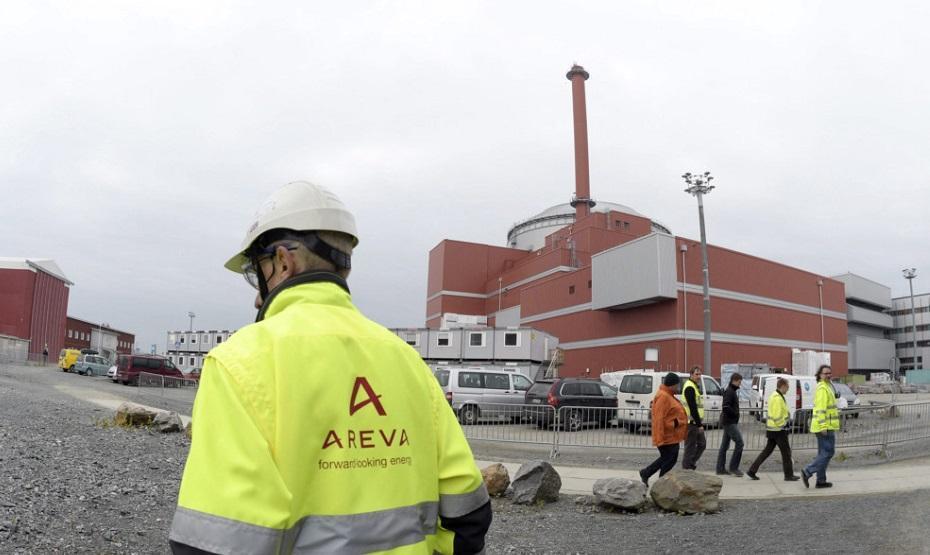
Finland’s long-delayed and costly new nuclear reactor went online on March 12 amid expectations that it will boost the Nordic country’s electricity self-sufficiency and help to achieve its carbon neutrality targets.
Finnish operator Teollisuuden Voima said the Olkiluoto 3 nuclear reactor in the country’s west started supplying electricity to the national power grid.
It will go through a trial period of about four months during which it will generate electricity only at a fraction of its 1,600 megawatt capacity.
The reactor will reach peak capacity in July when it will cover an estimated 14 percent of Finland’s total electricity demand, reducing the country’s need to import electricity from Norway, Russia and Sweden, Teollisuuden Voima said.
The last time a new nuclear reactor was commissioned in Finland was over 40 years ago.
The French-developed EPR reactor model was the first nuclear power station to be procured in Europe after the 1986 Chernobyl disaster, designed to relaunch nuclear power.
The Olkiluoto 3 is a third generation European-type pressurized water reactor developed and built by a joint venture between France’s Areva and Germany’s Siemens. Construction began in 2005 and was to be completed four years later.
It was meant to be a showcase of French-German know-how, touted as offering higher power and better safety. But EPR builds in Finland, France and the United Kingdom have been plagued by delays and cost overruns.
Finnish public broadcaster YLE said late last year that the reactor’s final price tag was put at around 11 billion euros ($12 billion) - almost three times more than what was initially estimated.
Finland now has five nuclear reactors in two power plants located on the shores of the Baltic Sea. Combined, they cover more than 40 percent of Finland’s electricity demand.
The repeated delays led to bitter compensation disputes between TVO and Areva, with the latter ultimately agreeing in March 2018 to pay TVO financial compensation of 450 million euros.